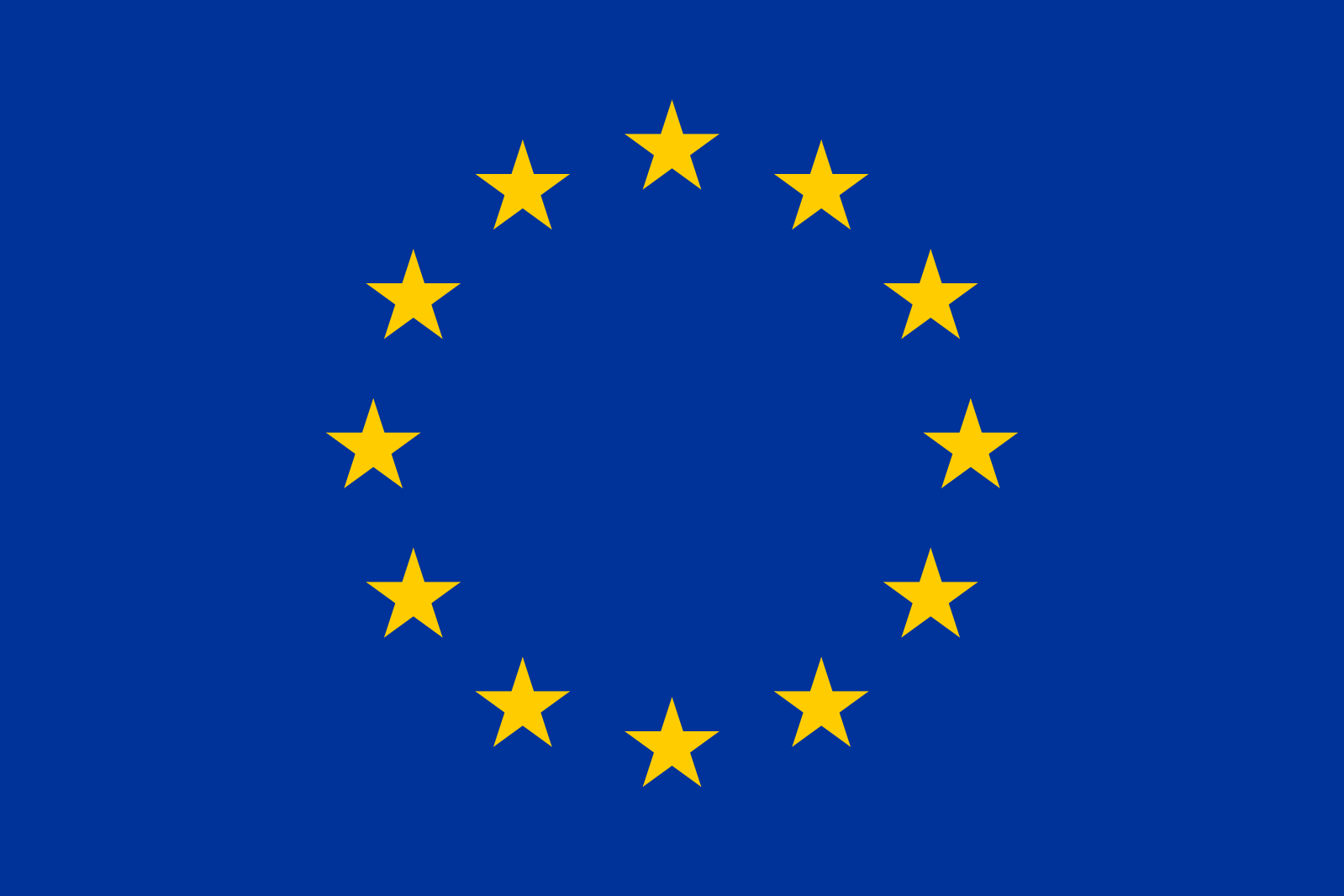Find out more about the Space2Waves target markets
The Space2Waves project has identified Australia, Canada, South Africa and the UAE as target markets for the project. Read on for an overview of each of the markets.
Australia
Australia is a relative newcomer to the space sector, with the creation of the Australian Space Agency in 2018. It is proving to have high ambitions for the growth of the sector, with the goal of doubling the size of the sector and creating 20,000 additional jobs by 2030.
The sector benefits from real support from the federal government.
Earth observation is part of the National Civil Space Priority Areas set forth in the 2021-2030 Communications Technologies and Services roadmap. The application potential for blue growth is enormous, as Australia possesses the third largest EEZ in the world.
Specific sectors of interest include maritime surveillance, both at the borders and for aquaculture, as well as integration into port infrastructures.
Useful links
* Australian Space Agency publications: https://www.industry.gov.au/topic/data-and-publications/australian-space-agency
* Australian Fisheries Management Authority: https://www.afma.gov.au/
* Australian Trade and Investment Commission: https://www.austrade.gov.au/
Canada
Canada is a long-standing member of the international space community. The Canadian Space Agency is a regular partner of NASA, and Canada is the only non-European country to be a member of the ESA.
With two RADARSAT constellations dedicated to Earth Observation and a recently closed funding program for earth observation applications development, support for the sector is significant and has already proved successful.
The blue economy is one of Canada's most important sectors: in 2018 it represented 36,114 million CAD, or about 1.6% of the national GDP. Within this scope, Earth Observation can bring potential solutions to several challenges:
* Developing arctic observation
* Predicting extreme weather events
* Pollution detection
* Illegal activities surveillance
Useful links
* Canadian Space Agency: https://asc-csa.gc.ca/eng/default.asp
* Department of Fisheries and Oceans: https://www.dfo-mpo.gc.ca/index-eng.html
* Invest in Canada: https://www.investcanada.ca/locations
South Africa
Although South Africa has a long history of involvement in the space sector, the South African National Space Agency (SANSA) was only founded in 2010. SANSA has accumulated a significant amount of EO data, collated in the SANSA Earth Observation Online Catalogue.
In 2019, SANSA announced the future deployment of 4IR nanosatellites in a 'Maritime Domain Awareness Constellation.' This constellation will provide SANSA with valuable information on the South African EEZ, including vessel monitoring as a priority.
The blue economy has been identified as a priority of development for the South African economy. With the establishment of the South African International Maritime Institute (SAIMI) in 2014, South Africa is reinforcing its blue economy skills and capacities. Aquaculture in particular has been identified as having significant growth potential.
Earth Observation can bring solutions to key issues such as vessel and environmental pollution monitoring.
Useful links
* South African National Space Agency: https://www.sansa.org.za/
* South African International Maritime Institute: https://saimi.co.za/
* Invest SA: http://www.investsa.gov.za/
United Arab Emirates
Although the UAE Space Agency was only created in 2014, it has already shown great ambition in its development, most notably with its successful Mars mission.
In terms of earth observation however the UAE is still in the process of developing its capacities. The MeznSat satellite was deployed by the UAE in 2020 and while its primary purpose is the monitoring of greenhouse gases, it also aims to detect algae blooms.
A second, more powerful earth observation satellite named the Arab Satellite 813 is being developed by the UAE with the cooperation of other Arab States.
The UAE is a strategic hub for maritime transport and logistics. With 12 commercial trading ports (excluding oil ports), the Emirates are looking for port management solutions. As awareness for environmental sustainability and the fragility of marine ecosystems grows, the UAE is seeking to preserve its coastal habitats. Earth Observation systems may provide monitoring and prevention solutions in this field.
Useful links
* UAE Space Agency: https://space.gov.ae/
* UAE Ministry of Climate Change and Environment, Marine Environment and Fisheries Sustainability: https://www.moccae.gov.ae/en/knowledge-and-statistics/marine-environment-and-fisheries-sustainability.aspx
* Invest in Dubai: https://invest.dubai.ae/
* Invest in Abu Dhabi: https://www.investinabudhabi.ae/en
 Send this story to a colleague
Send this story to a colleague
Posted 2021-06-24 13:13:39

This website was funded by the European Union's COSME Programme.
The content of this website represents the views of the author only and is his/her sole responsibility; it cannot be considered to reflect the views of the European Commission and/or the Executive Agency for Small and Medium-sized Enterprises (EASME) or any other body of the European Union. The European Commission and the Agency do not accept any responsibility for use that may be made of the information it contains.











